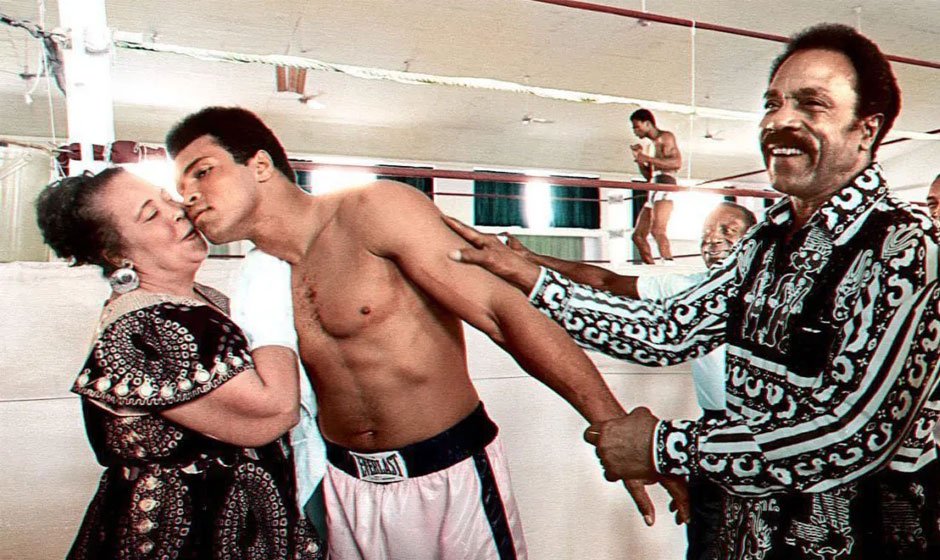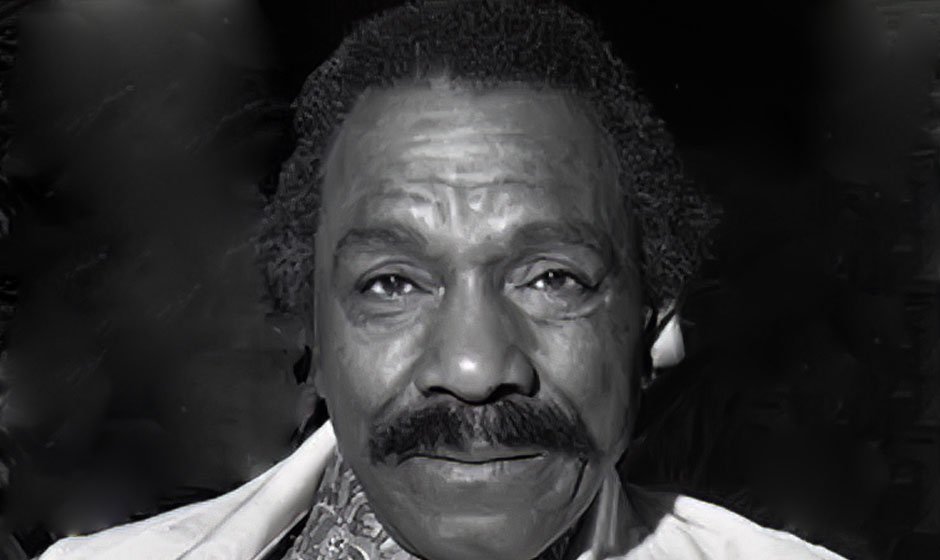Cassius Marcellus Clay Sr. may not be as famous as his son, Muhammad Ali, but his impact on one of sports history’s great names is undeniable. Born in 1912, in Jefferson County, Kentucky, Clay Sr. lived during a period of significant social and economic change in the US, especially for African Americans. His trade was as a sign painter, but his greatest achievement would be as the father of the world’s greatest boxer.
Early Life and Background
Cassius Marcellus Clay Jr. was raised in a Kentucky working-class family and named after the 19th-century abolitionist Cassius Marcellus Clay, an anti-slavery figure. His name reflects progressive ideals, but Clay Sr. lived during a time of racial segregation and limited opportunity for African Americans in the South. This reality shaped his worldview and how he raised his family – giving his sons pride and determination when faced with discrimination.
Clay Sr. was a sign painter while growing up in Louisville, Kentucky. The community valued his artistry and craftsmanship and he was proud of what he could provide for his family through his work. Although life was not easy, Clay Sr. believed in work ethic, creative thinking, and persistence. He passed these values on to his two sons, Cassius Jr. (later known as Muhammad Ali) and Rudolph (later known as Rahman Ali).

Raising a Champion
Cassius Clay Sr. married Odessa Grady Clay in 1933 and raised their two sons in Louisville. The Clays provided a place of refuge and support for their kids despite the societal issues of the day. As a father, Clay Sr., was strict but loving and always encouraged his sons to dream big in a world that often seemed stacked against them.
Clay Sr. helped Muhammad Ali early in his career. When Cassius Jr. was 12 years old, his bike was stolen and he told a local police officer, Joe Martin, that he wanted to “whup” the thief. A boxing trainer named Martin suggested young Cassius learn how to box first. Clay Sr. backed his son’s newfound interest and allowed him start training. Little did anyone know at the time that this moment would mark the beginning of Muhammad Ali’s rise to become a global sports’ icon.
When Ali started to box, Clay Sr. stayed involved in his son’s life. He had no direct role in Ali’s professional training, but he influenced his son in his confidence, boldness, and refusal to be constrained by society. He helped Ali believe in himself and in his ability to transcend the racial barriers of the time.
His Influence of His Name
Clay Sr. named his eldest son after himself, but Muhammad Ali would later reject his birth name, calling it a “slave name” and created a new identity after becoming an Islamist. Although it hurt Clay Sr., it was representative of the generational shifts in the African American community during the Civil Rights Movement. Ali’s name change reflected a larger struggle for identity and liberation that his father understood, even if it wasn’t easy to accept at first.
Later Life and Legacy
Cassius Marcellus Clay Sr. lived to see his son become one of the greatest athletes of all time but his life was not without struggles. He suffered financial and personal hardships in his later years. But he never lost pride in his son’s achievements. He was a father who encouraged greatness, even though he stayed out of the limelight.



